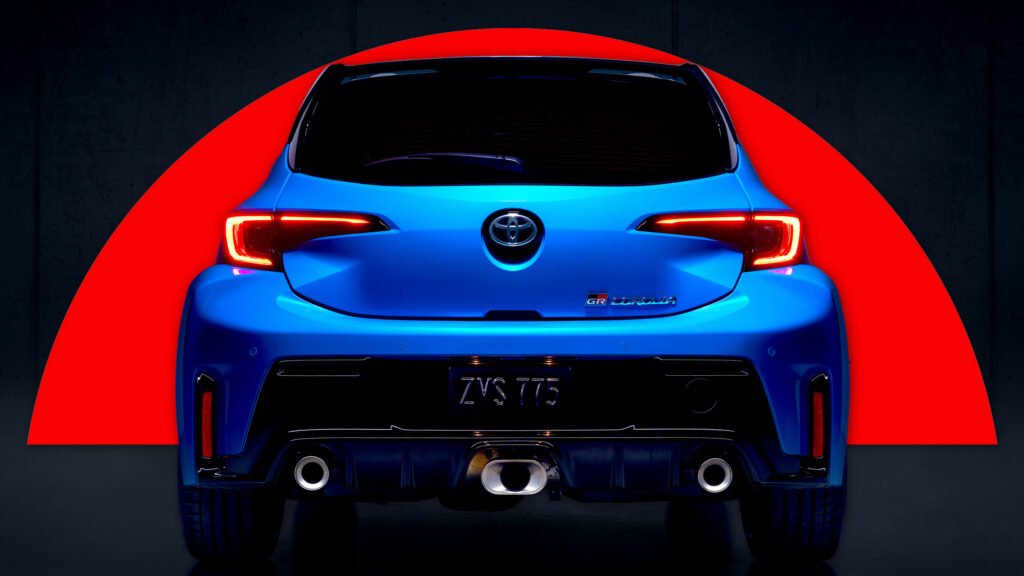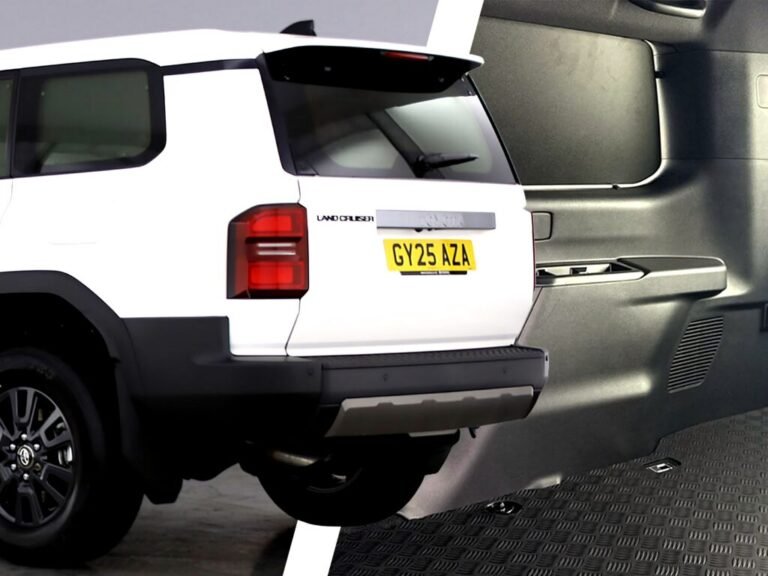

- Total Japanese exports to the United States fell 1.8% compared to April last year.
- Japanese officials are eager to reach a tariff deal with US President Donald Trump.
- Approximately 1.5 million vehicles built in Japan are exported to the US each year.
The effects of the Trump administration’s tariffs are already being felt in Japan, with a drop in exports of Japanese-made goods to the United States. This marks the first decline since December, and it’s a sign of more trouble on the horizon for consumers across the country. With tariffs continuing to take a toll, it’s clear that the economic ripple effect is starting to reach the everyday Japanese consumer.
New data from Japan’s Ministry of Finance reveals a 1.8% decrease in exports to the U.S. in April, compared to the same month last year. This follows a more optimistic 3.1% increase reported in March. According to a report from The Wall Street Journal, the drop reflects a slowdown in demand for Japanese cars and key machinery, including chip-making equipment.
Read: Toyota Warns Significant Price Hikes Are Coming, And You’re Footing The Bill
Despite the decline in exports to the U.S., Japan’s overall international shipments rose by 2.0% in April compared to the previous year, though this is a drop from the 4.0% growth reported in March.
Japan is clearly hoping for a quick resolution with US President Donald Trump to reverse its fortunes, and it’s hopeful it can do just that. Officials from the two nations continue to meet while major car manufacturers, including Toyota, Honda, and Nissan, decide on the best course of action.
The Looming Tariffs

The Trump administration has rolled back many of the tariffs announced in early April during its ‘Liberation Day,’ but Japan is staring down the barrel of some particularly hefty levies. Japan is facing a broad 24% tariff rate that starts in July and is also subject to the 25% tariff on imported vehicles, steel, and aluminum, Reuters reports.
Each year, Japan builds approximately 9 million cars and ships roughly 1.5 million of them to the United States. Additionally, they export over 1.4 million vehicles annually to the United States from Mexico and Canada. Given the uncertainty caused by the tariffs, it’s possible that some local automakers will need to delay investments.
“Japan’s manufacturers are deeply integrated into global supply chains, so trade policy flip-flops risk creating whiplash that would ripple through the economy, hurting growth,” Moody’s Analytics analyst Stefan Angrick said. “In all, Japan’s manufacturers are in for a tough time.”
As the situation unfolds, the hope is that Japan can strike a deal to prevent further economic setbacks, though the future remains uncertain.



